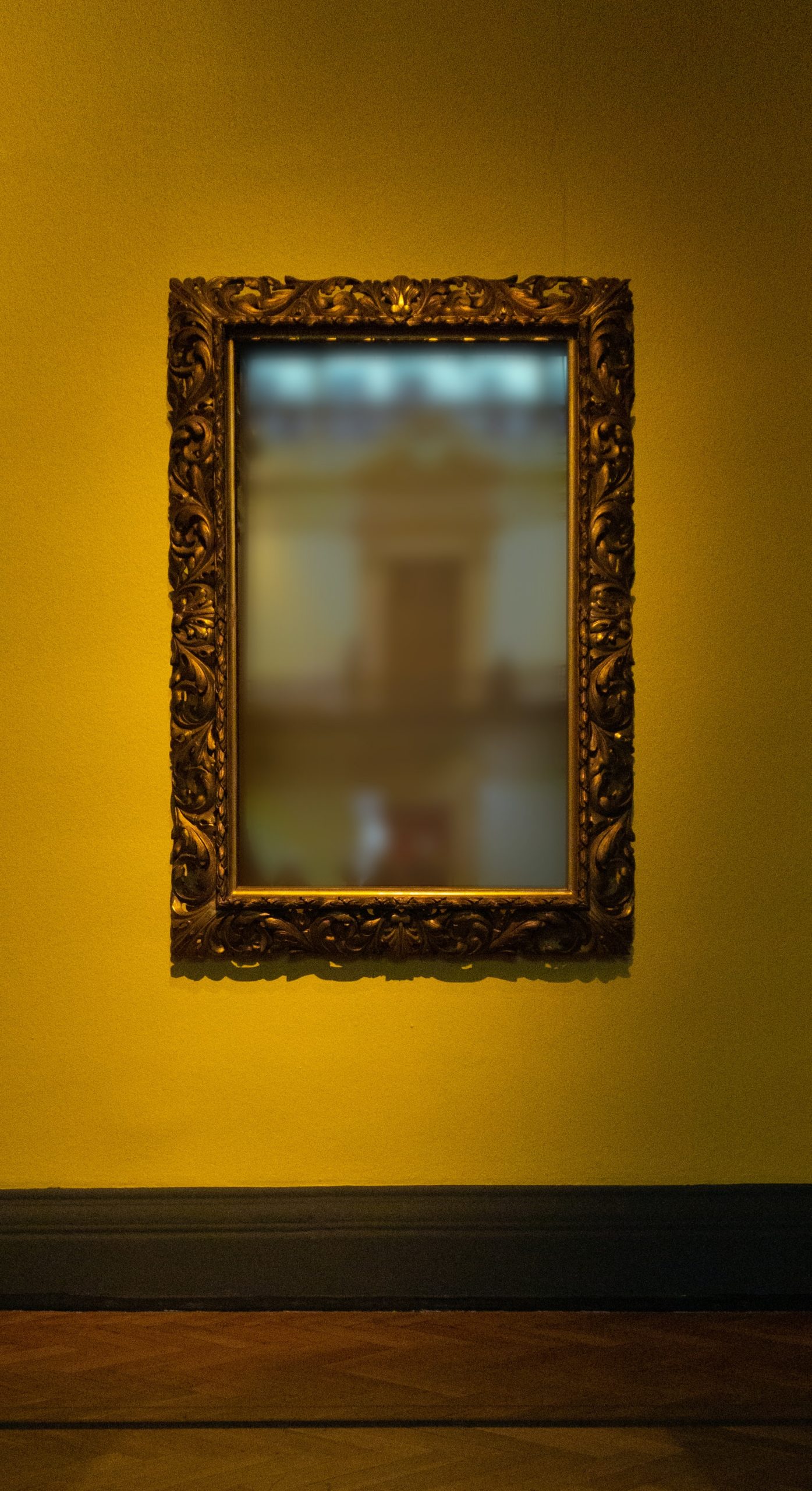Aisha bint Talhah bin Ubaydullah
We live in a world where the rights of Muslim women have become a hot topic of debate, where any mention of ‘agency’ is considered an act of kufr and where feminism has become the new F-word in Muslim communities. Many women seem lost, not knowing where they stand in terms of human rights. The mantra that Muslim women indeed have agency and esteemed status in Islam is no longer enough. What Muslim communities seem to be lacking is proper mechanisms for implementing the rights of Muslim women and holding abusers accountable.
When it comes to asserting their rights, lots of Muslim women are confused. Does Islam provide a solid rights framework upon which women can build a fulfilling life? Or do Muslim women have to look outside the fold of Islam to take back what naturally belongs to them? I personally find a lot of inspiration in the lives of the women before us; the mothers of the believers, the tabi’iyat and the generations of blessed women who left a rich legacy of faith and empowerment for the women of the present. I believe in storytelling; in its incredible power to connect the living and the dead for the purpose of shaping the future. And this is why I’m telling the story of one of our predecessors; a woman who remains a golden example of what a Muslim woman’s agency looks like. This woman is no other than Aisha bint Talhah bin Ubaydullah.
Aisha bint Talhah bin Ubaydullah was described as a strong and trustworthy scholar in the science of hadith by Yaḥya ibn Maʿîn, Al-Dâraquṭni, Imam Aḥmad ibn Ḥanbal and others. She was a jurist and a Muftiyya who issued legal rulings in Islam and a great worshipper of Allah who was renowned for her piety, Intellect and strong personality. She was the daughter of Umm Kulthum bint Abu Bakr and Talhah bin Ubaydullah, the granddaughter of Abu Bakr bin Abi Quhafah and the niece of Aisha bint Abu Bakr.
Aisha was known to have a strong, unapologetic personality. She was married three times and was considered the most beautiful woman in Medina at the time. Her beauty became the talk of Medina and other surrounding cities by virtue of the fact that she didn’t cover her face with a veil. Anas ibn Mâlik once told her directly, “By Allah, I have never seen anyone more beautiful than you other than Muʿawiyah ibn Abi Sufyân when he is sitting on the minbar of RasûlAllâh!” To this, she responded with towering confidence “By Allah, I am more beautiful than a powerful flame seen by a man who is freezing on an icy night!”. This definitely would be frowned upon in our communities today. How dare a woman emphasize her own beauty with such a lack of humility!
Once when she had a quarrel with her first husband, Abdullah bin Abdurrahman bin Abi Bakr, she left her marital home in a state of anger with the intention of visiting her aunt, Aisha bint Abu Bakr at Masjid Al-Nabawi. On her way to the masjid, she came across the companion, Abu Huraira, who upon staring at her beauty, exclaimed “SubhanAllah, I have just sighted one of the Hoor-Al-Ayn.
Aisha proceeded to the house of Aisha bint Abu-Bakr where she stayed for four months, refusing to return to her marital home during the period. Now, considering that both Aisha bint Talhah bin Ubaydullah and Aisha bint Abu Bakr were women of piety and knowledge, this wouldn’t have happened if both women considered it forbidden for a woman to leave her marital home in a state of anger and not return until she is pleased with her spouse. If her aunt considered it forbidden to do so, she would have rebuked her and sent her back home. But this did not happen. She returned when she felt like doing so. What greater example of a Muslim woman’s agency is there than this
In our modern world, this incident would have an entire community swearing and condemning a woman for daring to leave her marital home in a state of anger, let alone staying at her aunt’s for a period of four months. Muslim women today, are told that to step foot outside their matrimonial home without their spouse’s permission is tantamount to stepping into the fire of hell. There is a lot of oppression and spiritual blackmail going on in our communities against women and if these issues are not addressed, they’re going to have a devastating effect on our ummah.
Back to the story of Aisha bint Talhah bin Ubaydullah, her marriage with Abdullah bin Abdurrahman bin Abi Bakr came to an abrupt end due to incompatibility. Upon her divorce, Mus’ab bin Al Zubair proposed marriage to her. But for reasons best known to her, she turned down his proposal. And when he continued pleading for her to marry him, she swore an oath of Zihar, saying “If I marry him, he will be forbidden to me like my father’s back!”. It needs to be mentioned that an oath of Zihar was something that men took to divorce their wives irrevocably at the time. It was completely unheard of for a woman to do so. When eventually, she softened her heart towards Mus’ab bin Al – Zubair, the scholarly ruling was that she had to pay an expiation for her oath. She fulfilled this by buying and freeing a slave worth 2000 dinars.
Upon paying the expiation, Aisha married Mus’ab who loved her so dearly to the point of jealousy. He felt that her striking beauty was on display for everyone who saw her and on one occasion, he said to her “Either stay within your home or cover your face when you go out!” To this, Aisha responded:
“Since the Almighty has put on me the stamp of beauty, it is my wish that the public should view the beauty and thereby recognized His grace unto them. On no account, therefore, will I veil myself. And by Allah, Allah knows that there is no fault in my character upon which anyone can comment!“
This incident not only proves that the face veil is not obligatory for Muslim women but it also clearly proves that Muslim women indeed have the agency to decide their own personal matters and exercise choice in what solely affects them as human beings. Contrary to what a lot of Muslim women are told today, this was a case where a man commanded his wife to do something and the latter chose not to obey him in the full confidence that she was exercising her right to what was permissible in the sight of Allah, and therefore wasn’t doing anything displeasing to God. Ultimately, all human beings will answer to God and not humans and therefore have every right to decide how to live their lives.
Aisha bint Talhah bin Ubaydullah’s life defies what is commonly believed to be the primary ingredient in any Muslim marriage – a woman’s unconditional obedience to her husband. On another occasion, while she was still married to Mus’ab bin Al-Zubair, she swore another oath of Zihar to him, locking herself in her room and refusing to let him touch her, reminding him of the oath she took. She also refused to speak with him even while he pleaded for her to do so. Mus’ab bin Al Zubair thereafter consulted ʿÂmir Al-Shaʿbi, the jurist of Kufa at the time, to interfere in their conflict and plead with Aisha on his behalf.
Upon listening to ʿÂmir Al-Shaʿbi, Aisha had a change of heart and asked him how to solve the issue since she already invoked the oath of zihar. ʿÂmir issued a ruling that her oath was invalid and asked her to pay an expiation. She paid the expiation and allowed her husband to return to her. She also gifted a sum of 4,000 dirhams to ʿÂmir Al-Shaʿbi for his efforts in solving the marital dispute. Mus’ab bin Al-Zubair eventually became the governor of Basra and was murdered while in service. She thereafter married her third husband, Umar ibn Ubaydullah al-Taymi.
There are many other narratives about her strong personality but what we can learn from all these is that the modern-day cookie-cutter definition of who a Muslim woman should be, did not exist at that time. Present-day Muslim women are told that the woman of Jannah is a silent woman who tries as much as possible to confine herself to the private sphere and doesn’t let herself be seen or heard by non-Mahram men. While these characteristics were possessed by some of our female predecessors, there were a great number of other women who had strong personalities and didn’t fit into this definition of the pious woman.
Despite her personality, Aisha bint Talhah bin Ubaydullah was known as a woman of extreme piety, who worshipped Allah vigorously, taught men of the Tâbiʿîn, and was recorded as being a great scholar of hadith, a jurist and a muftiyya. The Caliph Hisham once invited her to his court where she engaged in dialogue with eminent scholars of different fields. The Caliph was so impressed with her knowledge that he gave her a gift of 100,000 dirhams.
No one seemed to find a contradiction in the fact that she strongly exercised her agency and was still very much a righteous woman. The two were not mutually exclusive. Today, a woman like Aisha bint Talhah bin Ubaydullah would be blacklisted, condemned and labelled as unrighteous.
What this story teaches Muslim women is that there is no one way to be a Muslim woman; that Islam respects every woman’s personality and wants us to express ourselves to our full capacities. It tells us that Muslim women can have a variety of emotions, relationship issues and flaws; and we won’t be condemned to hell fire just for being human. The story of Aisha bint Talhah bin Ubaydullah is a reminder that contrary to all cultural beliefs that have been passed down to us in the name of Islam, Muslim women have full rights and the agency to decide how best to conduct our lives. Most of all, it teaches us to stand up for justice and not be amongst the oppressed.




